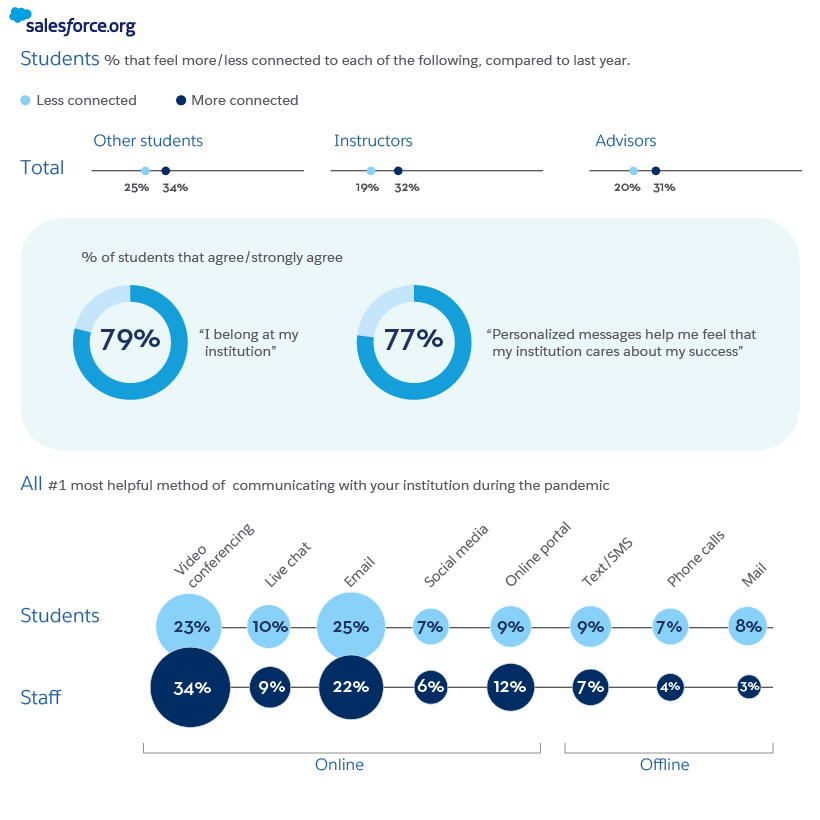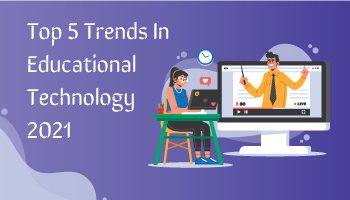


Trending news about education for free#
MIT was a trailblazer here, offering pre-recorded world-class courses online for free with the MITx program (launched in 2011).īut lots of other colleges have now entered the online education space, including offering fully online bachelor’s degrees. More and more traditional accredited universities are offering online curricula as well. Searches for e-learning platform Udemy came down from a big pandemic spike, but are still up over 69% over the last 5 years. It hosts thousands of courses across hundreds of different topics.Īnd as a business, it was last valued at $3.25 billion.

Udemy is an online platform geared toward professionals who want to improve their skills. One clear example of the online learning trend is the online course platform Udemy. Or a form of blended learning that's primarily done online. This is why the "classroom" of the 21st century may be 100% online (via virtual reality or augmented reality). The vast majority of students that take online courses consider them worth their time. In fact, ’s Online Education Trends Report states that 94% of students who take online courses are satisfied with the experience. It’s significantly cheaper to take an online course than it is to enroll in a traditional four-year college.Īlso, satisfaction rates for people that take online courses are high.
Trending news about education Offline#
The three major benefits of online learning compared to offline are: cost, convenience, and scale.Īnd scale - the ability of one incredible educator to reach an unlimited number of students - has massive potential for raising the quality of education as well.īut as often happens in the education space, cost may end up being the deciding factor. Online Learning Gains GroundĪccording to Research and Markets, the online education landscape is set to become a $319 billion industry by 2025. Searches for "microlearning" have more than 2x in 5 years. That’s probably why searches for "microlearning" have increased over the past five years. Short bursts of " microlearning" may help students retain information better than traditional lectures. This is said to help new concepts and skills sink in for the long term.Īccording to microlearning proponents, short, spaced bursts of learning can significantly boost retention. Microlearning is a form of spaced repetition learning, in which lessons are broken up into bite-sized chunks and repeated over time. (Or to study it on their own, which is a skill many students don't have.) It’s no secret that humans have an inherent limit to how much information they can retain from a single learning session.Įspecially when the subject matter is not covered again later.īut traditional education tends to overload students with long lectures…and expect them to remember everything they just learned. Or by using artificial intelligence to cater lessons to each student's learning needs. One of the pillars of this field is personalizing the learning process for each student.Įither by teaching in small groups. The number of searches for "neuroeducation" have increased by 355% over the last 10 years. Neuroeducation is a subfield where teaching approaches are backed by the principles of neuroscience.Īnd as you can see below, interest has shown strong long-term growth. One of the pillars of educational neuroscience is maintaining focus and attention during lessons. While new approaches have been introduced to deal with timeless challenges like maintaining students’ attention. The emerging field of educational neuroscience is shedding light on what works best when it comes to learning new concepts and skills.Īnd the field is quickly discovering that many mainstream education practices aren’t supported by research.įor example, these common teaching methods have all been called into question lately: Here is a list of the top 12 trends to watch in the education space. Thanks in large part to improving technology and new research-led learning approaches, the education space was seeing a rapid shift towards high-tech approaches. The topics are based on data collected through the Differentiated Monitoring and Support (DMS) system activities and are developed from commonly asked questions, clarifications, and compliance activities.The education world is changing faster than ever. Trending Topics in Special Education is a triannual resource for special education administrators to ensure timely access to relevant content.


 0 kommentar(er)
0 kommentar(er)
